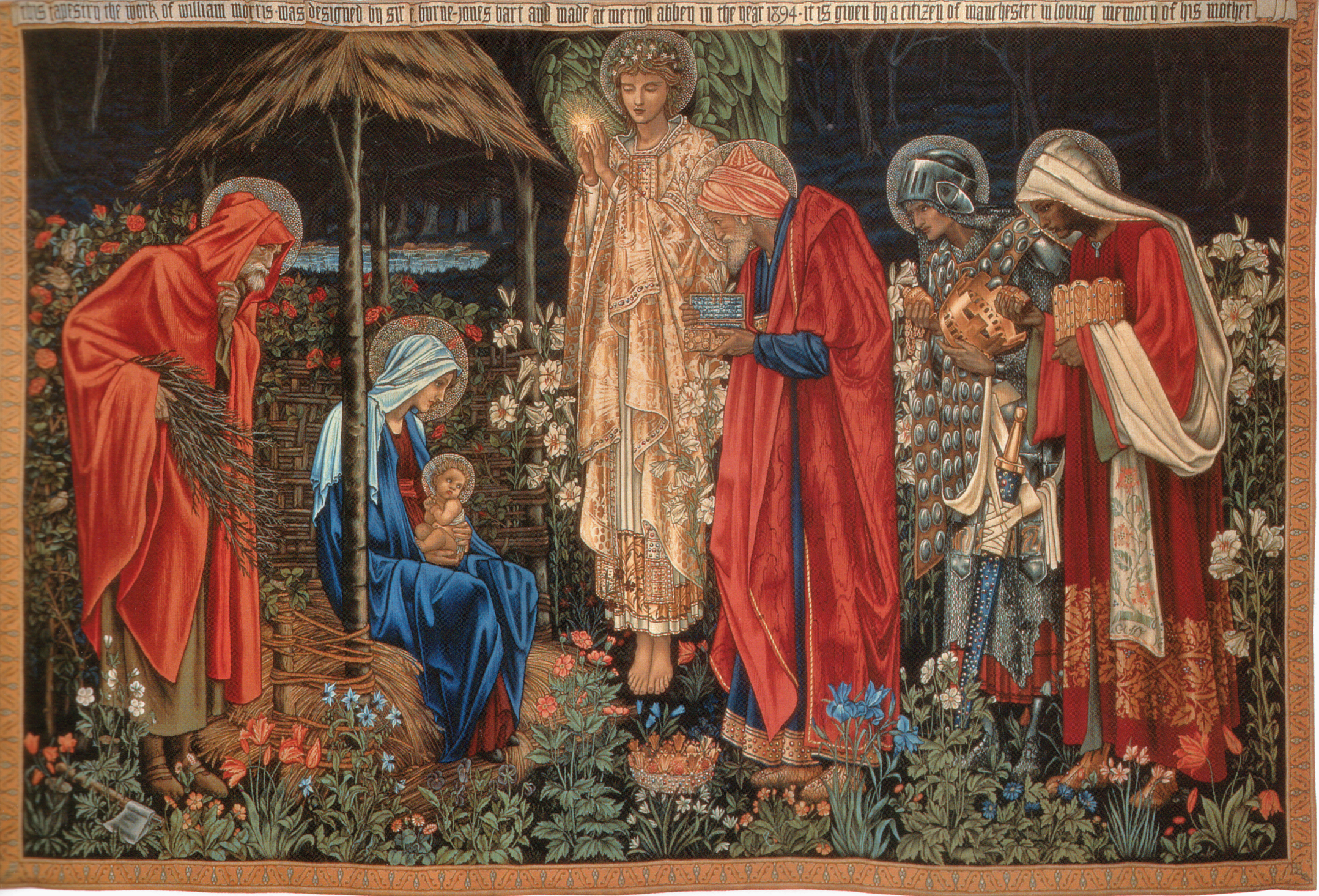My new book Mystery of the Magi-The Quest to Identify the Three Wise Men will be published on November 6.
This is a departure for me because the book is published by a non-Catholic publisher in their history division. In other words, it is not specifically Catholic for a Catholic audience. It is intended to reach a much wider readership. We’re gearing up for the promotion of the book and you can be a vital link in this by sharing and talking up the book on social media through my blog posts and videos.
So if you see some artwork here of the Adoration of the Magi – check it out. The post will be about this most fascinating historical topic of who they might be. The first post is here in which I discuss the importance of whether there Magi were actually historical figures or not. It is important to realize who the magi were because it is important to understand that the bare bones of the magi story in Matthew’s gospel is historical. I’ve written more here about the historicity of the gospels.
The magi were an ancient caste of shamans in Persia (present day Iran-Iraq). They eventually rose to become counsellors to the royal court of the Persian kings. The appear, for example, in the Old Testament book of Daniel. Indeed Daniel, as an interpreter of dreams was considered a powerful magus himself. The word “magi” comes from a Persian word “magoi” and it is this word that Matthew uses to identify the wise men.
It was logical for the early Christians to assume that Matthew was referring to the magi from Persia. This was also true because after the destruction of Jerusalem in 70 AD the center of Christinaity shifted North and West to Asia Minor, Greece and Rome. When Matthew said the wise men “came from the East” the Christians in Asia Minor, Greece and Italy would have thought “Persia.” My new book shows how this was an understandable but incorrect conclusion.
By the time of Jesus’ birth the Persian magi were a spent force. Furthermore, the word “magi” was not used exclusively for the Persian magi. It was a general term for any kind of astrologer, soothsayer, magician or sage, and virtually every kings court had such advisors and counsellors. Indeed in the Matthew story King Herod calls his own wise men and consults with them.
So I have gone back to the gospel account and done some detective work to find out who the wise men really were. I’ve had a terrific time researching and writing this book. I hope you will enjoy it and share my enthusiasm. The book comes out in just a few weeks’ time, but you ca pre-order here or on my website here.
If you want to read all my blog posts about the Magi use the tag below.
Help to keep this blog free from ads. Go here to subscribe!







Leave A Comment
You must be logged in to post a comment.